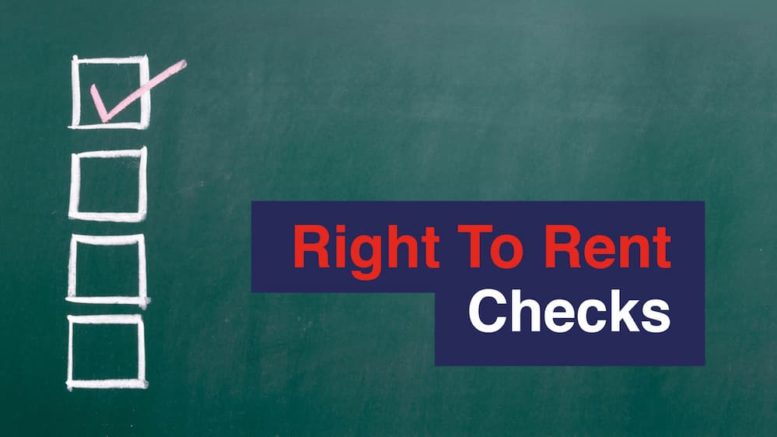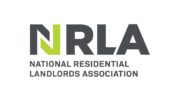Now that restrictions on bailiff enforcement of evictions in England and Wales have been lifted bailiffs are, as far as practical, outstanding warrants will be worked through in date order.
This means older warrants will be actioned first with the only exception being cases issued under anti-social behaviour grounds or for cases involving squatting, or where there are operational reasons to action a newer warrant first.
So says new advice from the Government, Understanding the possession action process: A guide for private landlords in England and Wales
Although all orders can now be enforced where the landlord has a valid warrant of possession, bailiffs must provide 14 days’ notice of an eviction. They have also been asked not to carry out an eviction if they are made aware that anyone living in the property has COVID-19 symptoms or is self-isolating.
There is also new guidance on Right to Rent rules.
From 1 July 2021, EEA citizens and their family members require immigration status in the UK, in the same way as other foreign nationals. They can no longer rely on an EEA passport or national identity card to prove their right to rent.
The new guidance has been updated to reflect the Immigration (Restrictions on Employment and residential Accommodation) (Prescribed Requirements and Codes of Practice) and Licensing Act 2003 (Personal Premises and License) (Forms) Order 2021, which makes changes to the list of acceptable documents that can be presented to prove a right to rent. These changes came into force on 1 July 2021.








